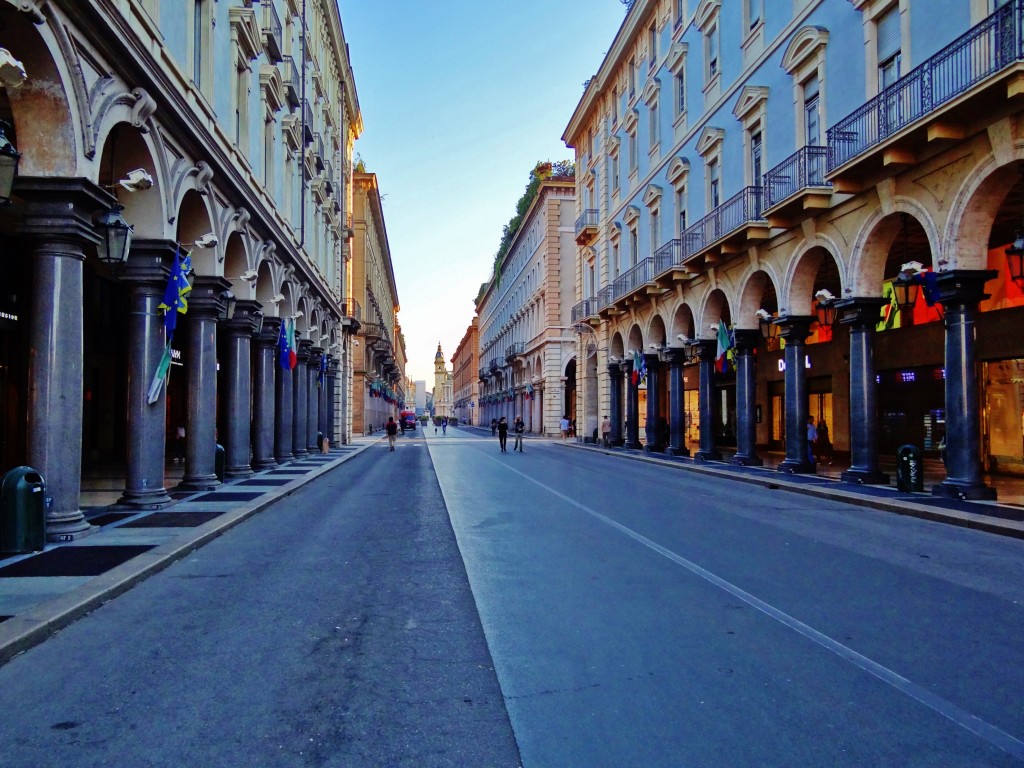Not known Incorrect Statements About Roma Pass

Rumored Buzz on ROMA: a guide to policy engagement and policy influence - ODI
Traditionally the Roma have pursued professions that enabled them to preserve an itinerant life on the perimeters of settled society. The guys were animals traders, animal fitness instructors and exhibitors, tinkers (metalsmiths and utensil service technicians), and musicians; the women informed fortunes, sold potions, asked, and worked as performers. Prior to the arrival of veterinary medicine, lots of farmers wanted to Roma livestock dealerships for advice on herd health and husbandry.

AS Roma - Buy your tickets for the Stadio Olimpico

Rome - Italia.it (English)

Roma - People, Meaning, History, Language, Lifestyle, & Facts - Britannica
Travel is by caravans of cars, trucks, and trailers, and livestock trading has given way to the sale of utilized vehicles and trailers. Although Pizza Roma Dingolfing of stainless-steel pots and pans has rendered the play outdated, some metropolitan Roma have discovered work as vehicle mechanics and automobile body technicians.

Traveling circuses and amusement parks also provide work for contemporary Roma as animal fitness instructors and handlers, concession operators, and fortune-tellers. The stereotypical Roma family consists of a married couple, their single kids, and a minimum of one married boy, his better half, and their children. Upon marital relationship, a young couple usually copes with the hubby's moms and dads while the young other half learns the methods of her partner's group.
Little Known Questions About Visit Rome Italy - Tips & Travel Guide Rome.
Although the practice had decreased considerably by the late 20th century, marriages traditionally were arranged by the elders in the household or band (vitsa) to enhance political and kinship ties to other households, bands, or, sometimes, confederations. A central feature of Roma marital relationships was the payment of a bride-price to the parents of the bride-to-be by the parents of the groom.
Some authorities delineate three main confederations: (1) the Kalderash (smiths who came from the Balkans and after that from main Europe and are the most numerous), (2) the Gitanos (French Gitans, mostly in the Iberian Peninsula, North Africa, and southern France, strong in the arts of entertainment), and (3) the Manush (French Manouches, likewise called Sinti, mostly in Alsace and other areas of France and Germany, frequently taking a trip showmen and circus people).
There has never ever been on record any one authority, either congress or "king," accepted by all Roma, although "global" congresses of Roma have actually been kept in Munich, Moscow, Bucharest, and Sofia (1906) and at Rowne in Poland (1936 ). However, the presence of political authorities among the Roma is a recognized truth.
